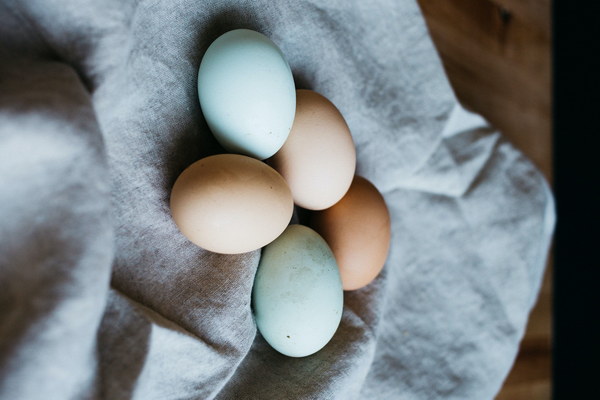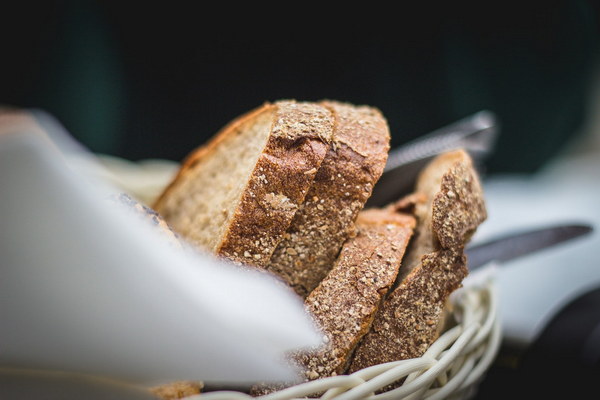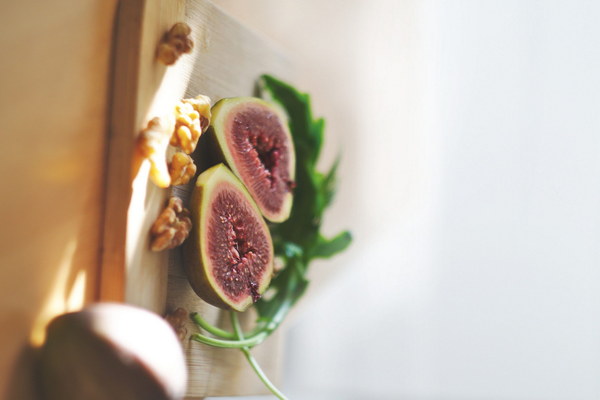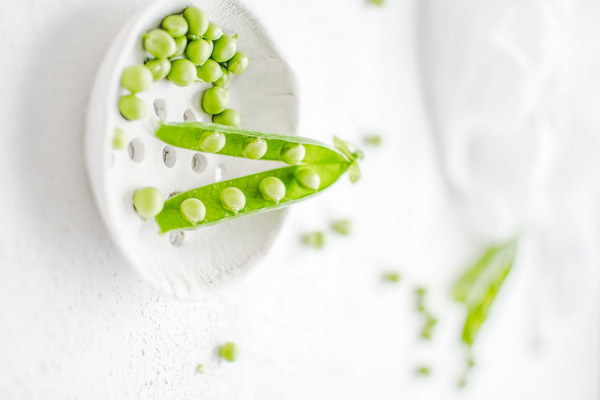The Wonder Herb Baizhu A Traditional Chinese Remedy for Dampness
In the vast and rich tradition of Traditional Chinese Medicine (TCM), there exists a multitude of herbs that have been used for centuries to treat various ailments. One such herb that stands out for its effectiveness in dealing with dampness is Baizhu, or Atractylodes macrocephala. This remarkable herb has been a staple in TCM for thousands of years, and its properties make it a highly valued remedy for those suffering from damp-related issues.
Dampness, in TCM, is a concept that refers to an excess of dampness in the body, which can lead to a variety of health problems. Symptoms of dampness can include fatigue, weight gain, joint pain, and digestion issues, among others. Baizhu is believed to be an excellent herb for expelling dampness and restoring balance to the body.

Baizhu is native to China and has been used extensively in TCM due to its unique properties. It is a member of the Amaryllidaceae family and is known for its large, bulbous root. This root is the part of the plant that is used medicinally, and it has a sweet and pungent taste with a slightly warm nature.
One of the primary actions of Baizhu is to invigorate the Spleen, which is an organ in TCM that is responsible for transforming food into energy and transporting nutrients throughout the body. When the Spleen is weakened, it can lead to dampness and various other health issues. Baizhu helps to strengthen the Spleen, thereby reducing dampness and improving overall health.
In addition to invigorating the Spleen, Baizhu also has the ability to drain dampness. It does this by promoting the movement of fluids within the body, helping to eliminate excess dampness that can lead to conditions such as edema and water retention. By draining dampness, Baizhu can alleviate symptoms such as joint pain and fatigue.
Baizhu is also used to regulate Qi, which is the vital life force in TCM. When Qi is blocked or stagnant, it can contribute to dampness and other health problems. By promoting the flow of Qi, Baizhu helps to improve overall energy levels and reduce the risk of dampness-related conditions.
When using Baizhu in TCM, it is often combined with other herbs to create a customized formula that addresses the specific needs of the individual. Some common herbs that are often used in conjunction with Baizhu include Poria cocos (Fu Ling), Alisma orientale (Ze Xie), and Coptis chinensis (Huang Lian). These herbs work together to enhance the effectiveness of Baizhu and provide a more comprehensive treatment for dampness.
While Baizhu is a powerful herb for treating dampness, it is important to use it properly. As with any herb, it should be used under the guidance of a qualified TCM practitioner. This is especially true for individuals with pre-existing health conditions or those who are pregnant or breastfeeding.
In modern times, Baizhu has gained recognition outside of TCM for its potential health benefits. Studies have shown that Baizhu may have anti-inflammatory, antioxidant, and immune-boosting properties. It has also been found to be effective in treating certain digestive disorders and may help to reduce cholesterol levels.
In conclusion, Baizhu is a remarkable herb that has been used for centuries in TCM to treat dampness and its associated symptoms. Its ability to invigorate the Spleen, drain dampness, and regulate Qi make it a highly valued herb in the fight against dampness-related health issues. As research continues to uncover the potential benefits of Baizhu, it is likely that this wonder herb will continue to be a staple in both traditional and modern medicine for years to come.









